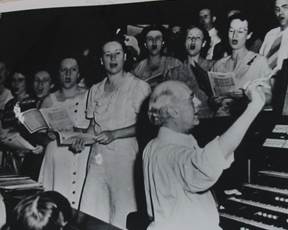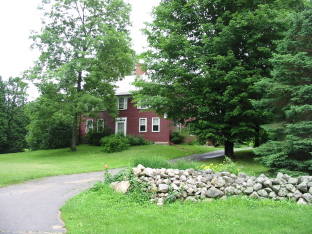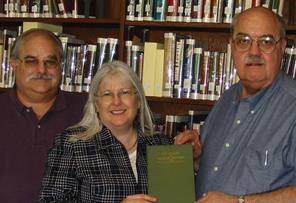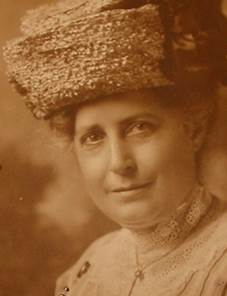Research and Publications Committee
MONOGRAPH NO. 1
DICKINSON TRIBUTARIES IN THE WATERSHED OF MUSIC EDUCATION:
MARTHA DICKINSON BOND (1856-1936)
AND CLARENCE DICKINSON (1873-1969)
by
ELIZABETH HAYDON KEITHCART
Copyright Elizabeth Haydon Keithcart, 2008
Printed with permission of the author
The watershed of music education in the United States originated with tributaries from Puritan families, churches, and communities. Elizabeth Haydon Keithcart traced one branch of the Dickinson family to the well-spring of music education in the Connecticut River Valley through her doctoral dissertation, Dickinson Tributaries in the Watershed of Music Education: Martha Dickinson Bond (1856-1936) and Clarence Dickinson (1873-1969).
The purpose of this study was to examine the influence of music educators on students’ life-long learning and musicianship, through the life stories and family history of Martha and Clarence. Recommendations were made, based on the findings, for music educators, music therapists, and teacher educators.
Martha taught music to her children and grandchildren. She also taught Elizabeth’s piano teacher, Robert L. Fife, who told her in her first lesson and later during doctoral interviews that her great-grandmother, Mrs. Bond, was “the best!”
Martha introduced her younger brother, Clarence, to music from his infancy. Clarence’s contributions are documented in numerous music reference books as composer, organist, author, and educator, notably in a 1993 dissertation by David Weadon.
Archival research was conducted in libraries, churches, and historical societies in several states, including the Clarence Dickinson Collection of Sacred Music, William Carey College, in Hattiesburg, Mississippi. Martha’s collection was reassembled as Elizabeth’s mother and aunts gave her Martha’s sheet music, books on teaching music, photograph albums, and journals.
Elizabeth found that the Dickinsons were involved in the early stages of music education in the United States through Psalm singing, singing schools, and musical societies. She discovered that Baxter Dickinson (1795-1875), the grandfather of Martha and Clarence, was associated closely with leaders in music education as it was introduced into the public schools in the 1830s in Boston and Cincinnati. Further, as Clarence taught ministers and church musicians at Union Theological Seminary in New York, Martha successfully introduced music into the schools attended by her children and grandchildren.
This in-depth inquiry into the musical development of Martha and Clarence was placed in the context of the Dickinson family. Their father, William Cowper Dickinson (1827-1899), was a graduate of Amherst College (1848), a minister and professor. Martha’s aunts, who were educated at Amherst Academy, were Martha’s first teachers. Through family and community connections, Martha and Clarence were influenced by the same, inspiring music educators as their sixth cousin, the poet and pianist Emily Dickinson (1830-1886).
Copies of the dissertation may be reviewed at the American Antiquarian Society, Amherst College Library, The Jones Library, the Forbes Library, and the Historic Deerfield Library in Massachusetts; Lake Forest University, Illinois; William Carey College, Hattiesburg, Mississippi; and the Butte County Library in Gridley, California. The document may be accessed online by typing in “Dickinson Tributaries” at the following link for ProQuest:
http://proquest.umi.com/pqdlink?RQT=306&TS=1239053080&clientId=49172

Photograph from Clarence Dickinson Collection of Sacred Music, William Carey College.

Photo courtesy of Elizabeth Haydon Keithcart

on behalf of their mother, Sara Bond Haydon,
donated an autographed copy of Helen A. and
Clarence Dickinson’s 1917 Excursions in Musical History to Dr. Gene Winters William Carey College, Hattiesburg, Mississippi.
Dr. Winters’ parents, as Deans of the School of Music at William Carey College, accepted the Clarence Dickinson Collection of Sacred Music with the agreement to keep the collection of books, art, manuscripts, and furniture intact.
